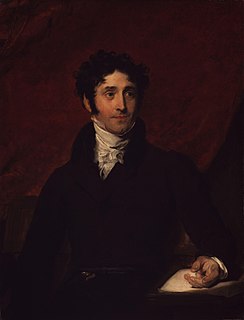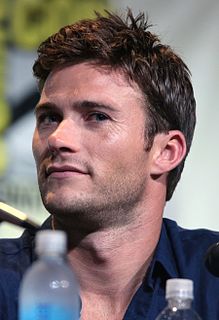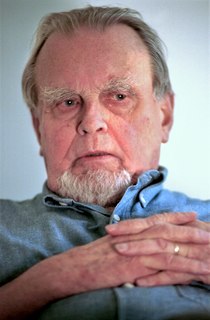A Quote by James Russell Lowell
Related Quotes
My inspiration comes from everywhere, just walking down the street and I never know where it's going to come from, so I keep a notebook with me at all times and the only criteria for anything making it into that notebook is if it stops me in my tracks for even an instant, if it catches my eye or my ear and I just write it down.
One of the appeals of William Carlos Williams to me is that he was many different kinds of poet. He tried out many different forms in his own way of, more or less, formlessness. He was also a poet who could be - he was a love poet, he was a poet of the natural order and he was also a political poet.







































